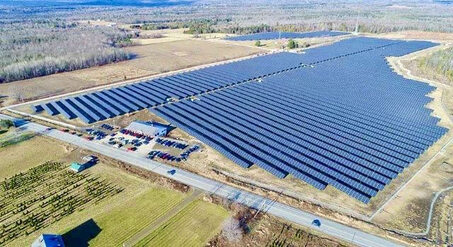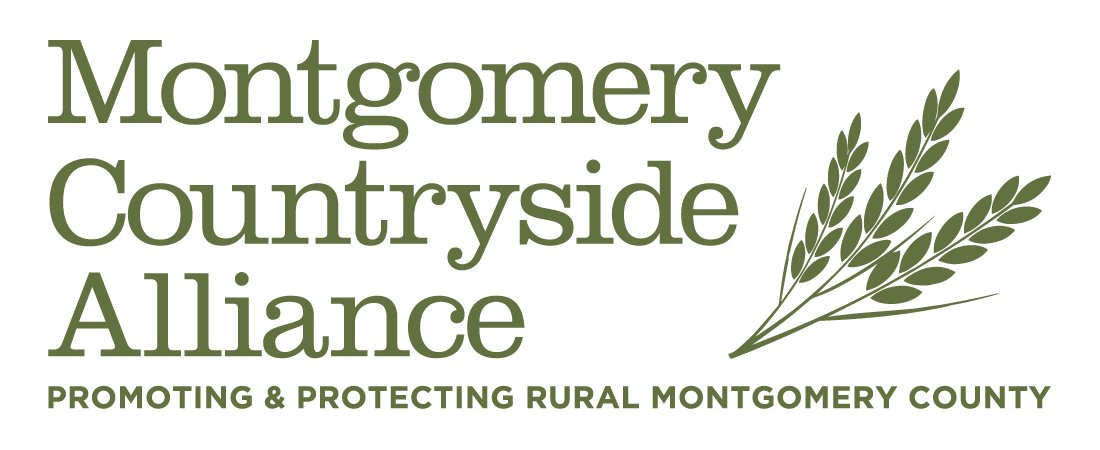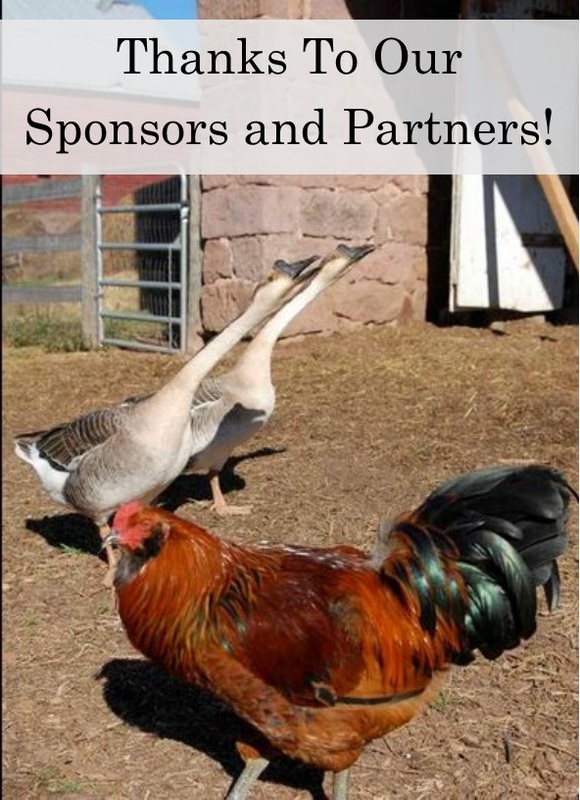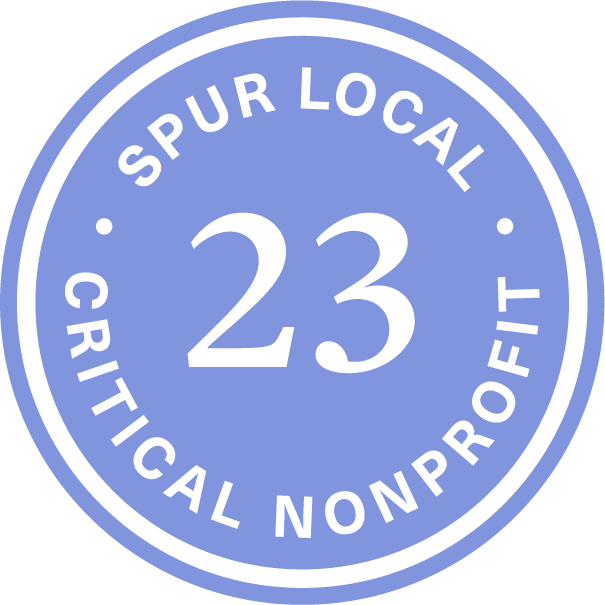This hearing was marked by a more deliberate pace for discussing these very complicated issues. Before today, the proposal seemed to speeding toward discussion by the whole council despite robust concern expressed by residents both rural and urban and the unanimous opposition to the plan from the farming community.
Some observations from the two hour hearing:
Haven't taken action, take two minutes to do so now:
After going over a number of small details including screening and fencing, the maps of the Reserve were pulled up. The question was how many acres were removed from possible solar projects by the scant ZTA protections as written and the more protective amendments proposed by Councilmembers Friedson and Jawando. First County GIS staff Chris McGovern took out slopes, stream buffers and parkland from consideration. Then Councilmembers had to learn more about the difference between prime soils and the different classifications of soils 1-3. Here at MCA we are working on an infographic to explain the difference in fertility between these soils. Jeremy Criss of Ag Services said that for the Ag Preservation program they do not use the "prime" designation but instead focus on classes 1-3 as "productive".
As the coming infographic will show, most of the beloved Reserve farms are growing bountiful local table crops on soils 2 and 3. Examples include Land Linked farmer Jared of Wildflower Farm who moved here from Massachusetts and grows table crops on a few acres of leased exclusively class 3 soils.
Also on the Reserve's class 3 soils:
- The county's first cidery (also an apple pick-your-own), Waters Orchard
- The nation's first voluntary robotic milking operation at Rock Hill Orchard/Woodbourne Creamery
- Long standing produce and orchard standby Lewis Orchards
- On class 2,3 and worse is multi generational Oak Ridge Farm of the Scott Family (Royce Hanson Award winners for their decades of farmland preservation efforts).
This was when Councilmember Friedson got to the crux of this issue:
"It's not how much solar we want, it is where we want it. There are consequences."
As Councilmember Glass rightfully noted toward the final minutes of the hearing, a vote on this ZTA at next week's hearing is premature as he and the other non-sponsors of the ZTA are in as he says "education mode". There is a lot to learn, but the big take away must be that to protect farming in the area set aside for the purpose 40 years ago, you need to protect the soils. The 500+ acres of leased land matched through our Land Link program are on class 2,3 and higher soils. Allowing a non-Ag use to compete for this acreage will mean fewer of our next generation farmers will be able to get started close to massive (and in covid times massively increasing) demand for local food on the land set aside for farming.
If you have not let the Council know your concerns, please take 2 minutes to do so here:







